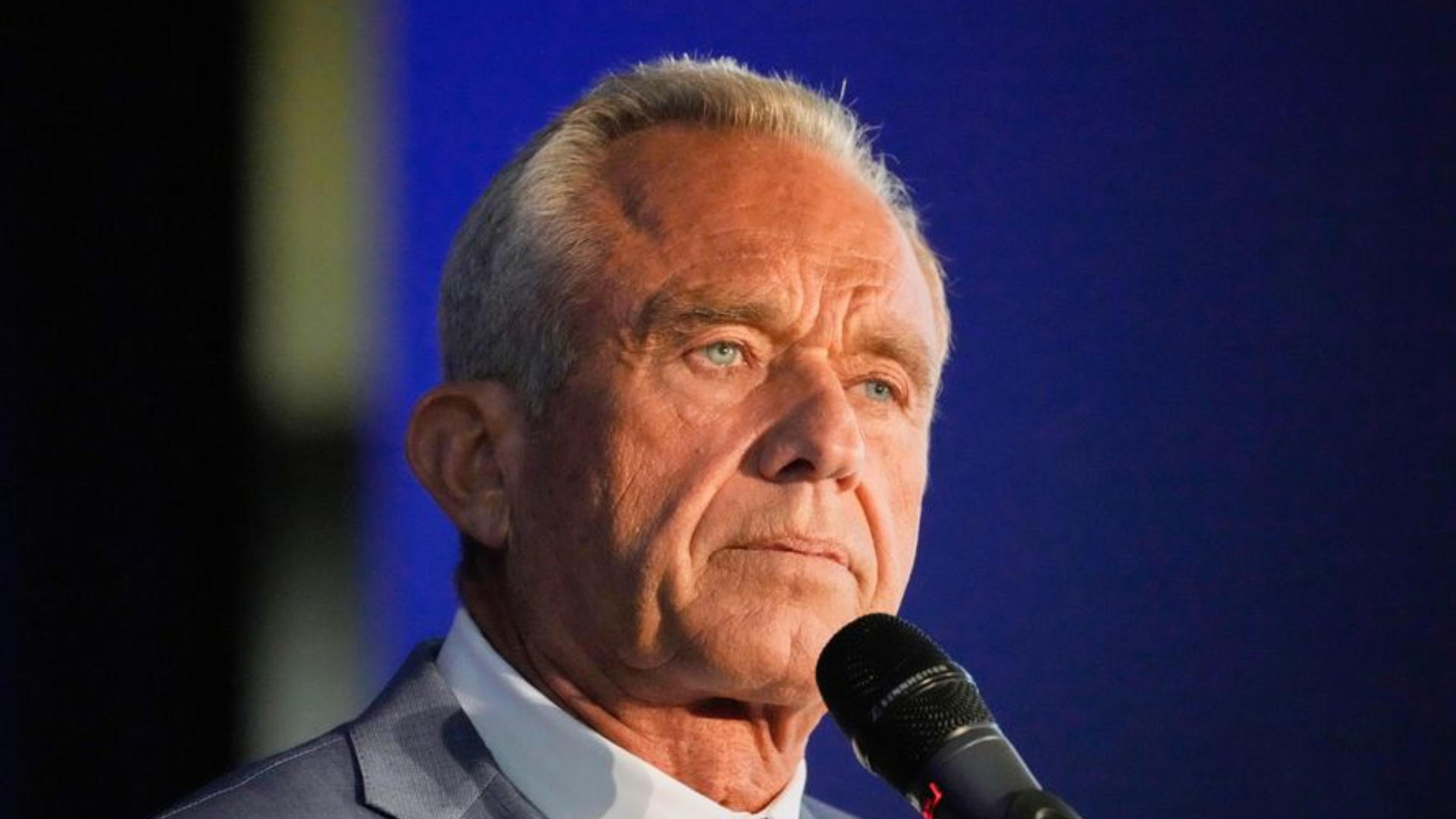
(CNN) — When Jeb Bush became governor of Florida in 1999, there were a couple of observations that stood out to him: the bathroom door at the governor’s mansion was tiny, and people started listening to every word he said.
At least that’s what he told reporter Brian Crowley, a former Tallahassee Bureau Chief for the Palm Beach Post, in a series of emails during Bush’s first few months as governor.
They’re chronicled in Bush’s new e-book, “Reply All,” and reveal some insight into Bush’s first impressions of the job. In fact, the 730-page e-book, which was released Monday, is filled with email threads between Bush and reporters, mostly from Florida news outlets. His responses to their questions made for some of his longest emails in the whole book.
Bush answered emailed questions from the Orlando Sentinel, St. Petersburg Times (now the Tampa Bay Times), Daytona Beach News-Journal, and Miami Herald among other newspapers across Florida.
Bush notes in his book that he earned the nickname “eGovernor” because of his prolific emailing with constituents, colleagues and reporters. But is emailing with reporters a practice he would continue from the White House should he become president?
“It is a little premature to be talking Casablanca,” he told CNN this weekend — in an email.
Bush had agreed to engage in a regular email conversation with Crowley to talk about the life of a governor. In his second month in office Bush wrote about the “verrrrrryyyyy good” food at the governor’s mansion that was leaving him “with no chance yet to lose any weight.”
He said the “water pressure up here is great” at the mansion but the “bathroom door is the smallest in Florida” and requires “a sideways twist to make it in.” In an email a week later, Bush said he was having “a hard time with the entourage factor that comes with my new job.”
Perhaps most interesting, Bush also told Crowley that his biggest surprise was realizing “the volume of my voice.”
“People listen to what I say and do. I am learning to show more self-restraint so as to not restrict a free flow of thinking that could yield a better decision. That has been hard for me,” he wrote.
The toughest part, he said, was the appointments process. “Friends who were expecting jobs have not gotten what they want and while I will always do what I think is right, it’s not fun to disappoint,” he wrote.
In an interview with CNN, Crowley said the emails were meant to get Bush to open up and talk beyond talking points about the more human-interest side of being a governor.
“It worked and it didn’t work,” Crowley said. While he used tidbits for stories, he said he never felt like he got enough insight from the governor to write the big blow-out story he was envisioning.
There were candid moments in the emails, Crowley said, but he added that Bush too often delved into wonky subjects rather than self-reflection.
“It sort of missed the mark of what I was looking for,” Crowley said. “It was a worthy effort and I gleaned some stuff from it. I think he gave it his best shot in trying to cope with a bazillion things in office.”
Crowley said they continued to exchange emails over the years, and still do on occasion. While it’s the norm now, emailing was a relatively new art back at the turn of the century, and he credited Bush for trying to accommodate Crowley’s story, saying he “got more than I expected.”
“I still think the most effective way to deal with him is to sit down and talk to him, because you lose a lot of nuance and facial expressions in email,” he said. “It’s not my favorite way.”
It wasn’t just local media. Bush even fielded a warm email from Barbara Walters, who requested an interview after the 2000 recount in Florida cleared the path for George W. Bush to become president.
“I am not a big fan of the national limelight. I am really only interested in serving my state,” he responded. “I appreciate your interest in interviewing me but I will have to take a pass.”
And in his final days as governor, he emailed with the Miami bureau chief in 2007 from the New York Times, who asked him about all the speculation at the time that he may run for president in 2008.
“I am flattered that all sorts of people are interested in what I am going to do and many have offerred (sic) advice as well,” he wrote “That will all subside soon….”
The-CNN-Wire ™ & © 2015 Cable News Network, Inc., a Time Warner Company. All rights reserved.




















